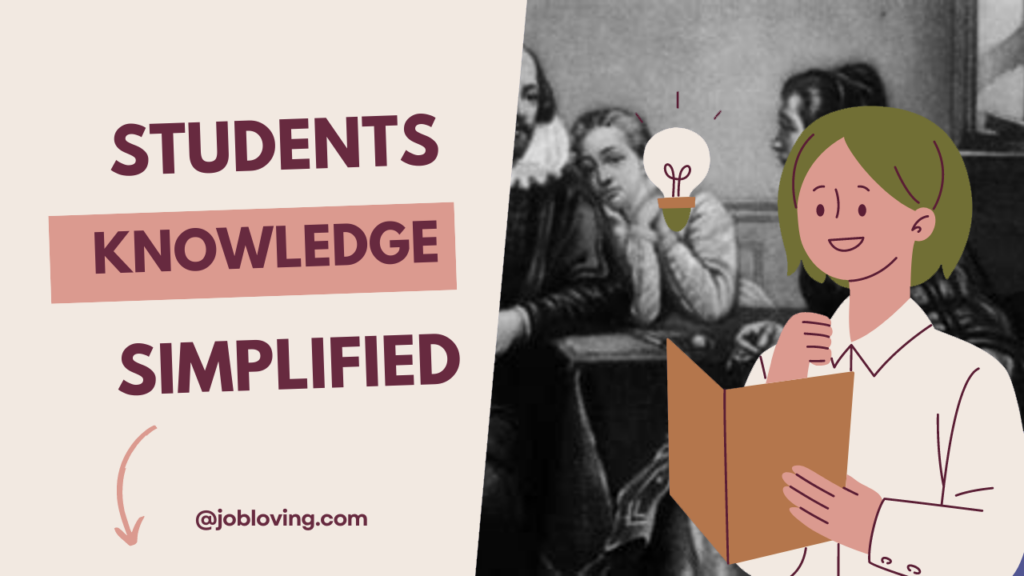Shakespeare’s educational journey was anything but typical, yet it undeniably laid the groundwork for his future literary triumphs. As a boy, he embarked on learning the fundamental building blocks of language—his letters followed by their combinations. Among his earliest reading exercises, the Lord’s Prayer served as a guiding text, introducing him to the rhythm of words and their profound meanings.
By the time he reached grammar school, which he likely attended for free given his father’s position as a prosperous leatherworker and council member, Shakespeare immersed himself in a curriculum steeped in Latin and Greek. This wasn’t just about reciting rules and rote learning; it was a vibrant education that emphasized rhetoric—a fancy term for the art of persuasion. This is crucial, as one can imagine how it stirred the young bard’s imagination, helping him craft those famous soliloquies that still resonate today, decades later.
Shakespeare’s education likely lasted until he was around fifteen, and during that time, he would have delved into the rich world of Latin classics, mastering texts from great authors like Terence, Virgil, and Horace. This exposure shaped his literary style, as he not only memorized passages but also learned to engage with the characters and narratives. Imagine him practicing speeches in Latin, preparing his mind for the dramatic expressions that would later define his career. The lessons were not limited to the written word; rhetoric played a key role, positioning him to create compelling dialogues and monologues that still baffle scholars and delight audiences.
Stratford’s grammar school provided a rigorous academic backdrop common for citizens’ sons in the Elizabethan era. Still, Shakespeare’s early years were also colored by home influences. His literate mother would weave fairy tales and stories, enriching his imagination and further developing his love for storytelling. The emphasis on reading, particularly biblical texts, honed his understanding of thematic depth, morality, and human experience—elements vividly reflected in his plays.
In his grammar school environment, Shakespeare not only learned to navigate through the intricacies of language but did so through the lens of humanist principles—another hallmark of his education. The practice of memorization in school, which was central to their educational approach, prepared him for the intricate demands of playwriting. The classical influences and humanist perspectives helped weave a unique narrative style that continues to captivate readers and audiences alike.
Despite leaving school around age fourteen, just on the cusp of adulthood, the education he received was hailed as profoundly impactful. It fostered not just a command of language, but a deep, creative approach to literature, theater, and the arts. Shakespeare’s educational journey may have been cut short, but it undeniably cultivated the seeds of a legacy that would flourish into one of literature’s greatest achievements, proving that formal education isn’t always the key to success—sometimes, it’s the blending of learning, imagination, and a touch of everyday storytelling that creates brilliance.
How did Shakespeare’s early education influence his later works?
Shakespeare’s early education, characterized by a rigorous curriculum focused on Latin classics and rhetoric, significantly shaped his literary style and thematic choices. The memorization and writing skills he developed in grammar school allowed him to craft compelling narratives and complex characters, evident in his plays.
What role did Shakespeare’s social background play in his educational opportunities?
Shakespeare’s father, a prosperous leatherworker and town bailiff, provided him with access to quality education, allowing him to attend grammar school for free. This social advantage facilitated his exposure to classical literature and humanist principles, which were crucial for his artistic development.
In what ways did Shakespeare’s education reflect the broader educational practices of the Elizabethan era?
Shakespeare’s education mirrored the typical curriculum of the Elizabethan era, emphasizing classical texts, rhetoric, and drama. The focus on memorization and performance in grammar schools was common, fostering a generation of writers and thinkers who valued eloquence and storytelling.
How did the absence of formal university education impact Shakespeare’s literary career?
Despite lacking a university education, Shakespeare’s grammar school experience provided him with a strong foundation in language and classical literature. His unique path highlights the diverse routes to literary success in his time, demonstrating that creativity and talent can flourish outside traditional academic settings.

